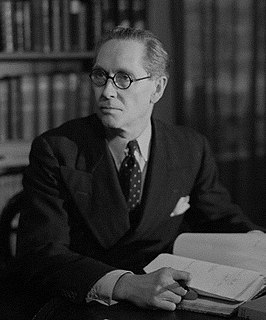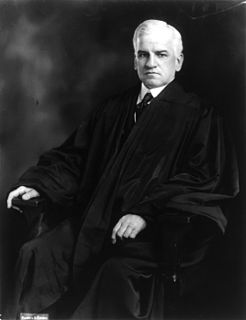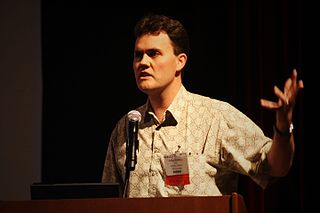A Quote by Ursula K. Le Guin
Primitiveness and civilization are degrees of the same thing. If civilization has an opposite, it is war.
Quote Topics
Related Quotes
Utilitarianism is a civilization of production and of use, a civilization of "things" and not of "persons," a civilization in which persons are used in the same way as things are used. In the context of a civilization of use, woman can become an object for man, children a hindrance to parents, the family an institution obstructing the freedom of its members.
Western Civilization has been in a state of decline since the Edwardian age, say 1910. That was the height of Greco-Roman European civilization. Then there was the First World War. That was the beginning of the end. That civilization has been in a decline ever since. But from the American triumphalist point of view our wonderful electronic revolution is really the forefront of an ongoing wonderful civilization.
My point is, as civilization is progressing, Mosaic law came down from the mountain, was handed to civilization, it emerged through the Greek civilization as the Greeks were developing their Age of Reason. And we're talking about the foundation of Western Civilization, and almost concurrently with that, Roman law was emerging as well.
We are constantly trying to cope with what our fathers or our grandfathers did. I wrote the book 'Great War of Civilization,' and my father was a solider in the First World War which produced the current Middle East - not that he had much to do with that - but he fought in what he believed was the Great War for Civilization.
One of the most dangerous errors is that civilization is automatically bound to increase and spread. The lesson of history is the opposite; civilization is a rarity, attained with difficulty and easily lost. The normal state of humanity is barbarism, just as the normal surface of the planet is salt water. Land looms large in our imagination and civilization in history books, only because sea and savagery are to us less interesting.
It's a curious thing, this thing we call civilization...we think it is an affair of epochs, and nations. It's really an affair of individuals. One brother will be civilized and the other a barbarian...All civilization comes through literature now, especially in our country. A Greek got his civilization by talking and looking, and in some measure a Parisian may still do it. But we, who live remote from history and monuments, we must read or we must barbarise.
There was this famous clash of civilization thesis from Samuel Huntington, a political theorist. And the idea was that Western civilization is at war with Islam and maybe some of the other civilizations around the world. And I don't agree with that. But I do think there is such a thing as Western civilization. I think it starts with the Greeks and the Romans. Then it goes through the Enlightenment - or the Reformation, the Enlightenment. It goes through the scientific age. And it somewhat defines some of the cultures and mores of Europe and North America and some other countries.
A civilization built on dualism and war within and between persons, one that puts its most creative minds and its best engineers to sadistic work building more and more destructive weapons, is no civilization at all. It needs a radical transformation from the heart outwards. It needs to outgrow and outlaw war just as in the last century it outlawed slavery. The human race has outgrown war, but it hardly knows it yet.





































